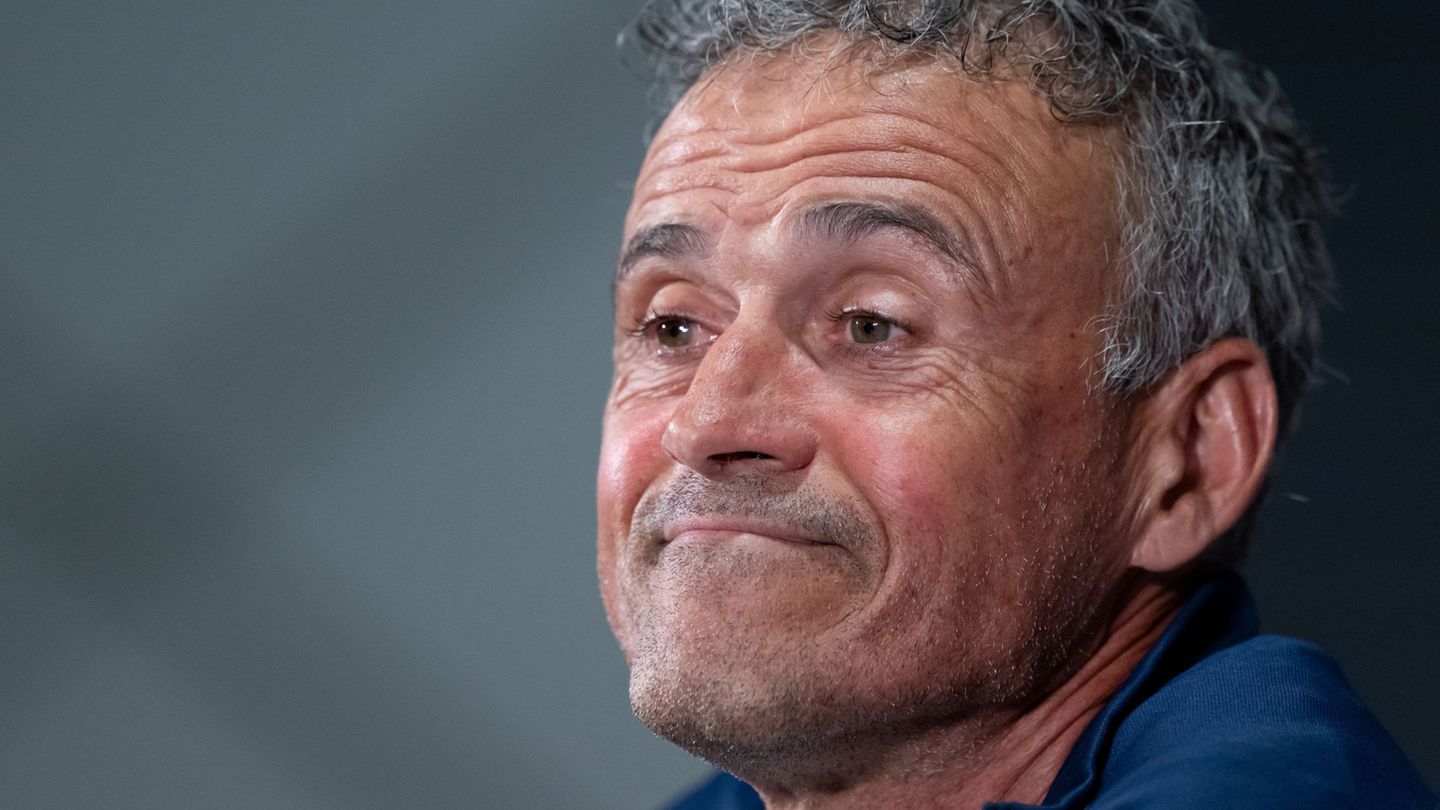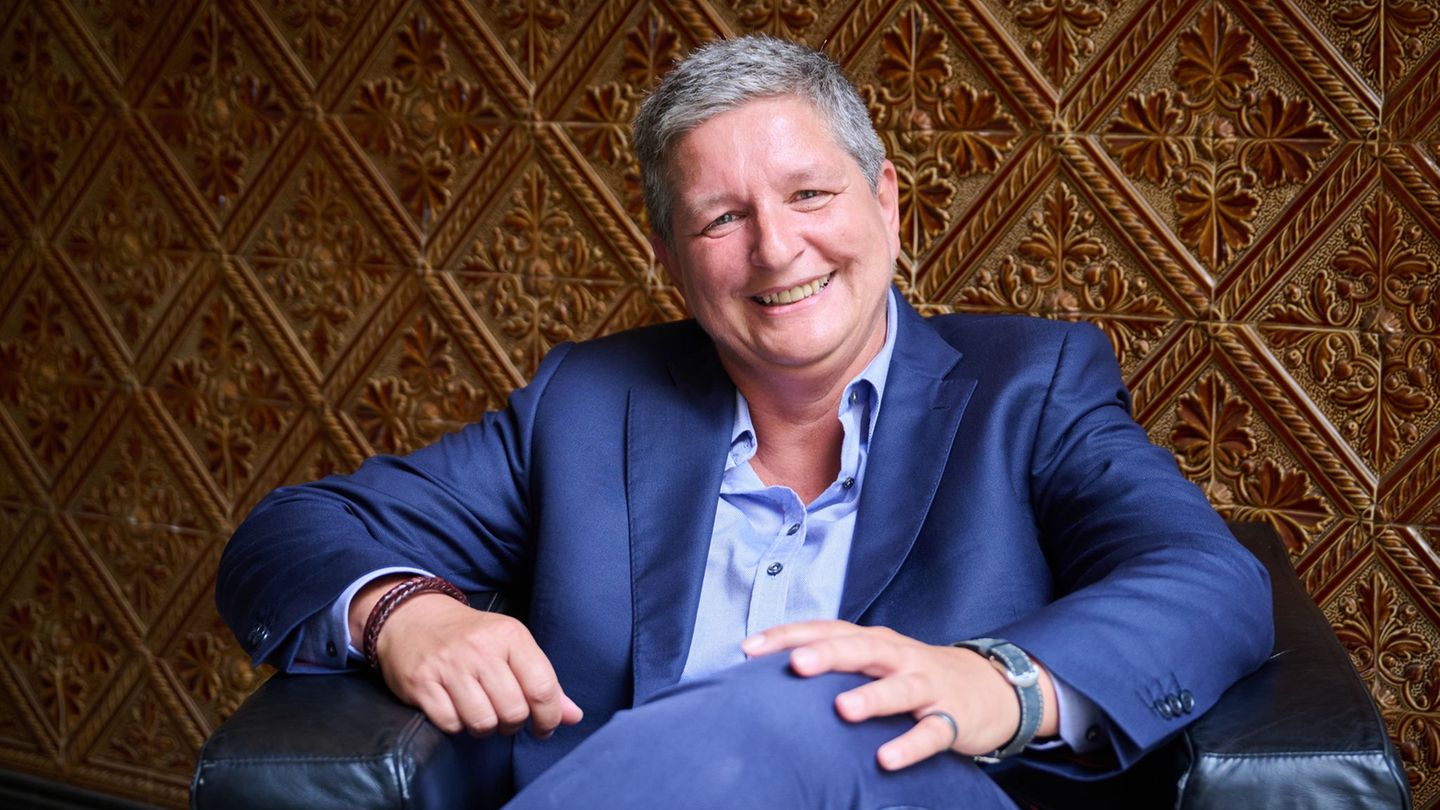Just 17 months in office and already the second big trip to Africa: Chancellor Scholz wants to show in Ethiopia and Kenya that he does not ignore the neighboring continent.
Chancellor Olaf Scholz embarks today on his second major trip to Africa as head of government, which will deal with regional conflicts, renewable energies, but also Russia and Ukraine.
First he travels to Ethiopia, which has just emerged from a bloody civil war that has killed hundreds of thousands. In addition to talks with the government, he will meet representatives of the African Union (AU), which brings together 55 African countries, in the capital, Addis Ababa. Tonight we continue to Kenya, Germany’s most important partner country in East Africa.
Scholz traveled to Africa for the first time in May 2022, very soon after taking office, and visited the Bundeswehr troops in Niger, West African Senegal and South Africa, the only G20 member on the continent. The second trip after only 17 months in office should now show that he does not want to leave the neighboring continent to his very active competitors China and Russia. For comparison: It took his predecessor Angela Merkel (CDU) almost two years to make her first big trip to Africa.
Why Ethiopia? country on the way to peace
With around 120 million inhabitants, Ethiopia is the second most populous country in Africa after Nigeria. Until recently, a civil war raged between government troops and the People’s Liberation Front in the Tigray region, which only ended in November after two years of bloodshed with a ceasefire. Despite this, inter-ethnic violence still occurs in the country. During his visit, Scholz wants to acknowledge the progress made in the peace process, but also demand further efforts.
But the country is the Chancellor’s first destination on this trip for another reason in particular. The capital Addis Ababa is the seat of the African Union, the African equivalent of the EU, in which 55 countries have joined forces. His talks there will focus primarily on conflict management on the continent, as is the case now in Sudan. The AU now claims that it wants Africans to solve the regional conflicts – not, as was often the case in the past, by the USA or other western countries. For example, the peace process in Ethiopia, led by the AU, is considered a success for the organization.
Why Kenya? Important trading partner and intermediary
60 years ago, Germany was the first country to recognize the former British colony of Kenya after gaining independence. Today, the country is Germany’s most important trading partner in East Africa and the federal government also considers it exemplary by African standards in terms of democracy and the commitment to a world order based on international rules. Recently, however, Kenya’s President William Ruto has come under criticism after he suppressed opposition protests with excessive severity.
Kenya has also played an important mediating role in regional conflicts and has recently offered to help de-escalate the embattled Sudan. But the country has also played an important role in other conflicts, such as in the Democratic Republic of the Congo or in Ethiopia. Kenya is also supporting an AU mission in neighboring Somalia to the north.
Renewable energy: Kenya as a role model in Africa
Scholz will be accompanied on his trip by several representatives of German companies who are primarily interested in Kenya. There the Chancellor will visit the largest geothermal plant on the continent at Lake Naivasha. Depending on estimates, Kenya generates between 80 and 92 percent of its electricity from renewable sources, putting it in the top third worldwide. However, the numbers must be viewed in context. According to the International Organization for Renewable Energy, Kenya produces around 12 gigawatt hours (GWh) of electricity, while Germany, which is much more industrialized, produces almost 50 times as much.
However, Kenya wants to massively advance its industrialization by 2030, and the demand for electricity will increase accordingly. The networks would have to be expanded for this. Kenya’s dilemma: Without a guarantee for large industrial customers, hardly any investments are made in infrastructure. During the Chancellor’s visit, President Ruto is therefore likely to continue to promote reliable investments in order to make infrastructure expansion in Kenya profitable.
Kenya shows clear edge against Russia – Ethiopia not
The Russian war of aggression will also play a role in Africa, as it does on almost every trip abroad by the Chancellor. On the one hand, there is the dependence of African countries such as Ethiopia or Kenya on grain imports from Russia and Ukraine. Russian President Vladimir Putin is delaying an extension of the agreement to ship grain from Ukrainian ports, which will only run until mid-May. That could become an issue.
For the German government, however, Kenya also serves as a role model on the African continent when it comes to attitudes toward war. Unlike many other African countries, Kenya unequivocally condemned the Russian attack from the start. Unforgotten is the speech by Kenyan ambassador Martin Kimani, who shortly after the outbreak of war in the UN Security Council warned Russia against poking around in the “embers of dead empires.” Scholz has already referred to this. Ethiopia, on the other hand, either abstained or did not take part in the votes in the UN General Assembly condemning the war of aggression.
Source: Stern
I have been working in the news industry for over 6 years, first as a reporter and now as an editor. I have covered politics extensively, and my work has appeared in major newspapers and online news outlets around the world. In addition to my writing, I also contribute regularly to 24 Hours World.




